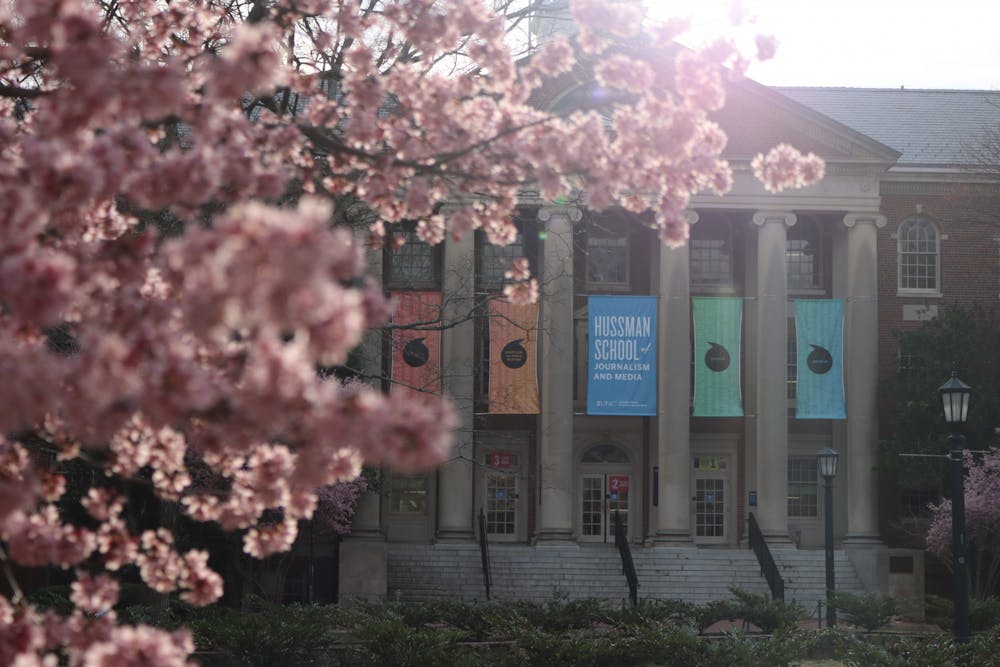The Accrediting Council on Education in Journalism and Mass Communication recently voted to grant provisional accreditation status to UNC's Hussman School of Journalism and Media.
This decision came despite the accrediting site team's decision to recommend reaccreditation after their October 2021 visit. Additionally, the ACEJMC Accrediting Committee voted unanimously to affirm the site team's recommendation in March.
The site team's 53-page report from their visit provides details about the standard they found Hussman to be out of compliance with — "Standard 3: Diversity and Inclusiveness."
The report said that Hussman students receive a quality education, as shown by their many Hearst awards, high placement rates and assessment indicators.
But according to the report, "It is not an overstatement to say the University and the school face major challenges that could be seen as a microcosm of some of the issues facing higher education. These include the influence of donors, the overt intrusion of politics into public universities, and, of course, issues around diversity and inclusion."
The report acknowledged the Hussman school's written diversity plan that contains overarching goals, and that the school integrates input from different stakeholders.
"However, the UNC Hussman School is dealing with an existential crisis both internally and externally," the report said. "The controversy surrounding the decision by Nikole Hannah-Jones to turn down a tenured, endowed chair at the school exposed long-standing problems. Many stem from inconsistencies in executing the goals in the 2016 Diversity and Inclusion Action Plan."
It added that Goal 4 of Hussman's 2016 diversity plan, which addresses the climate of the school, was the most problematic section. During the site team's visit, students and faculty spoke of the damage the Hannah-Jones decision caused, some saying that it highlighted underlying DEI issues.
Several minority students that were interviewed by the site team said they were expected to be the ones to teach diversity and inclusion in their classes.



